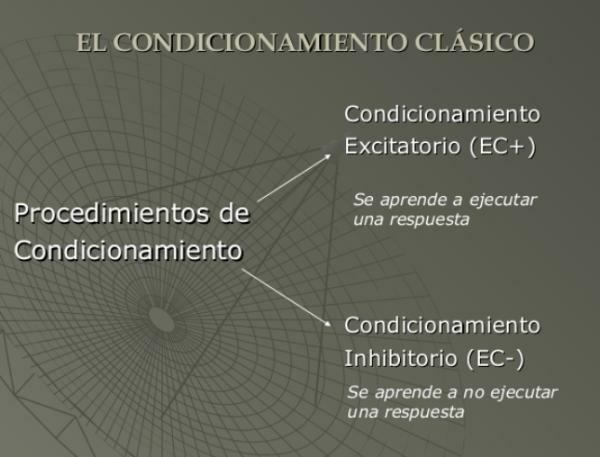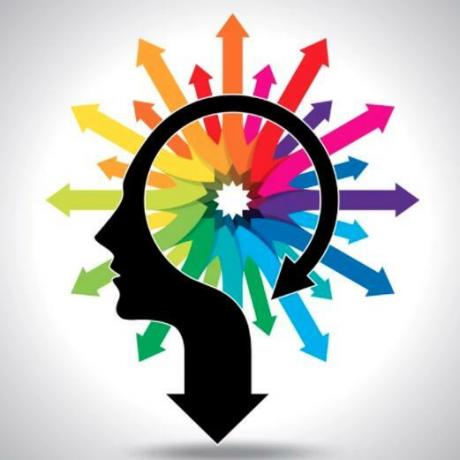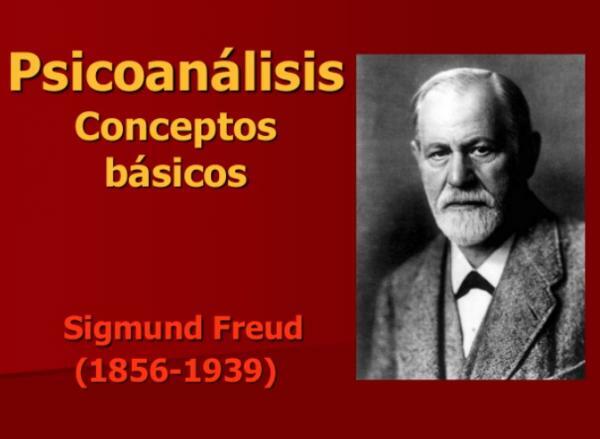
The classical conditioning model or paradigm has two types or sub-paradigms: excitatory and inhibitory conditioning. Classical conditioning is called creating a connection between a new stimulus and an existing reflection.
In excitatory conditioning it is learned that the stimulus the conditioned follows the unconditioned and, by virtue of it, it provokes a conditioned response. Excitatory conditioning takes two different forms: conditioning appetitive and the conditioning of defending.
- The classical appetitive conditioning is the one that we have already exposed, and the essential thing is that the unconditioned stimulus is pleasant.
- In classical defense conditioning the unconditioned stimulus is aversive.
Inhibitory conditioning In inhibitory conditioning it is learned that when conditioned stimulus is not followed by the unconditioned and therefore hardly a response will be produced. In the event that inhibitory conditioning provokes a response, this would be an opposite response to the conditioned excitatory response and, in this sense, it causes its extinction.
Inhibitory conditioning is the process of presenting the EI only in some trials; in some trials the EI follows EC; in other trials at EC It is followed by a different neutral stimulus, without following the appearance of the EI; in this way the EC becomes a sign of the absence of EI. Trials in which the CS is presented paired with another neutral stimulus, without the US appearing are trials proposed by Pavlov as representative of the process, and have received the name of conditioning inhibitory. Inhibitory conditioning is very important for the life of animals, because it is very important to know what stimuli will not be presented. Today much importance is given to the study of him.
However, today, what has become more important is the study of the latent inhibition (which is actually learning from single stimuli and not learning by association of stimuli). In latent inhibition what happens is that the previous representation of a stimulus causes that later, Later, that stimulus, if it is used to produce a conditioning, learning takes longer to occur:
- Thus there is an inhibition, since the appearance of the learning with that encouragement
- but this is latent, because what is inhibited is the power availability of that stimulus to produce learning.
That is, "unreinforced" presentations of a neutral stimulus, prior to conditioning, significantly delay the subsequent conditioning of that neutral stimulus. The conditionality of a stimulus to produce learning is a parameter that is not an absolute property of the stimulus, but changes with the experience that the subject has of it. Mackintosh he thought that pre-exposure to a neutral stimulus produces learned irrelevance; that is, that stimulus does not signal anything important to the organism.
Consequently, when this stimulus is to be used to associate with an unconditioned stimulus and produce learning, it becomes difficult for the organism to learn that this stimulus signals the appearance of the stimulus unconditioned. This appears to be an inhibition, however, assuming that previous exposure to a neutral stimulus produced inhibition, this would facilitate that this stimulus helped the formation of inhibitory conditioning, but the experimental results have not been So. Variables that influence the acquisition of conditioning The main variables that influence the acquisition of conditioning are:
- Causal relevance: indicates which stimuli are easier to condition each other
- Previous experience with stimuli you can influence the force with which the conditioning occurs.
Of this variable, two important phenomena stand out:
- Latent inhibition; produced by repeated exposure and previous isolated EC.
- The learned irrelevance; produced by the previous exposure of the CB and the IE without any type of connection between them.
This article is merely informative, in Psychology-Online we do not have the power to make a diagnosis or recommend a treatment. We invite you to go to a psychologist to treat your particular case.


